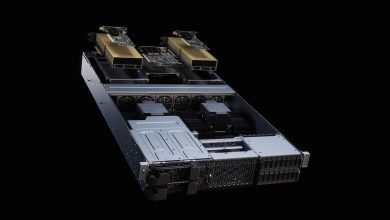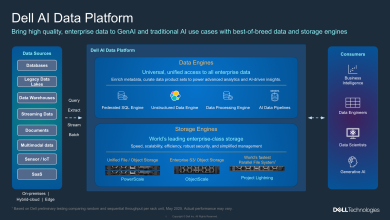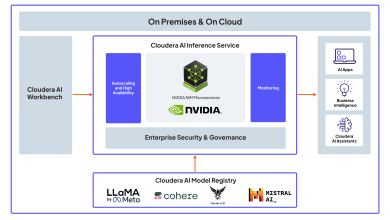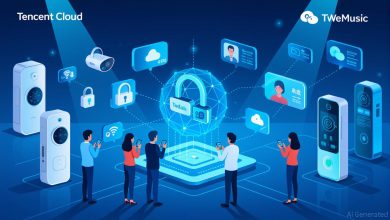‘The Evolution of Digital Transformation’ Finds Legacy Technology Unlikely to Impede AI, ML Gains
Not Even Old Systems Can Slow Down AI and ML, It Appears

Companies are increasingly willing to relinquish legacy technologies to reap the benefits associated with Artificial Intelligence (AI) and Machine Learning (ML), according to a new study—“The Evolution of Digital Transformation”—commissioned by Eaton, a global leader in intelligent power management.
Eaton commissioned S&P Global Market Intelligence to survey digital transformation leaders from the data centre, utilities, buildings and manufacturing sectors in North America, Europe and the Middle East. The findings of “The Evolution of Digital Transformation” study, detailed in the second Eaton Brightlayer® research report, show that digitalisation strategies are being developed quickly in these sectors.
According to “The Evolution of Digital Transformation” study, fewer than one-in-four companies (23%) surveyed said that legacy technology poses a barrier to digitalisation compared with one-in-three (33%) who were asked the same question in 2022. Newly emerging AI and ML applications, which show huge potential to transform businesses, are credited with this 10% shift in sentiment over a period of less than 24 months.
Mark Roces, Vice President of Digital Offer Management at Eaton, said of The Evolution of Digital Transformation” report: “This research shows how urgently businesses want to implement digital technologies that deliver the benefits of AI and ML. The data centre sector is clearly going to be instrumental in this shift because the utility, commercial building and manufacturing sectors will depend on data centres to underpin their AI journeys. Digitalisation will also help these sectors deliver on the decarbonisation strategies required by regulations, many of which have been introduced in support of the UN’s 2050 net zero target.”
Key Findings of “The Evolution of Digital Transformation” Study
Top findings in each sector are as follows:
- Data centres are scaling up to meet growing demand and are focusing on facility upgrades (42.3%), expanding capacity (38.6%), and improving IT asset performance utilisation (32.8%).
- Utilities are under pressure because while 55% point to outdated infrastructure as their biggest problem, they expect grid capacity requirements to rise significantly over the next 10 years, with 40% predicting extra capacity requirements of up to 49%.
- Manufacturers believe AI could facilitate decarbonisation and boost their environmental, sustainability and governance (ESG) scores (66%), as well as improve electrical energy monitoring and optimization (55%) and enhance digital twin (68%) and predictive maintenance applications (64%).
- Building operators are focusing on digital transformation to help them achieve sustainability targets (upwards of 46%), with most large building owners (54%) planning to install building management systems within the next year to help them optimize energy use, and many seeing AI as a future tool to help them predict space utilisation (66%).
Eaton’s Brightlayer software makes it easier for businesses to embrace digitalisation and drive operational value by leveraging intelligent, actionable insights from their data. Brightlayer combines Eaton’s deep domain knowledge with AI, ML, and big data processing to support efficient real-time decision-making to optimize power management.
A free download of “The Evolution of Digital Transformation” research report is available here: Adoption, execution and expansion of digital transformation in the wake of AI, together with more information about the strategies that businesses can adopt to be better prepared for the digital future.




